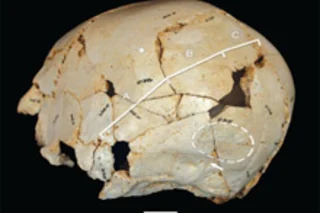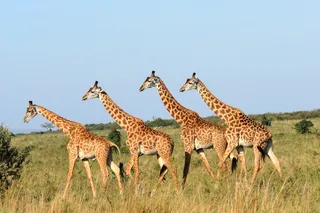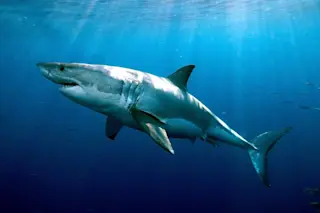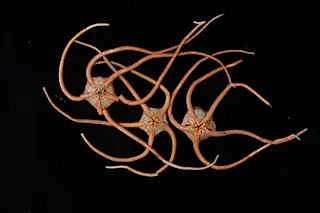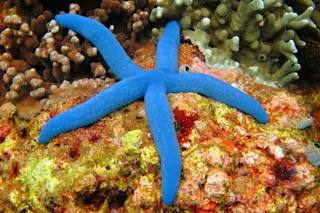The oldest known fossil of a human child with a skull deformity has been discovered, suggesting that early humans did not kill or abandon their abnormal offspring, as has been commonly assumed. A research team reconstructed the 530,000-year-old skull, the first pieces of which were unearthed in Spain in 2001, and determined that the child likely suffered from craniosynostosis, a debilitating genetic disorder in which some pieces of the skull fuse too quickly, causing pressure to build in the brain [Wired] and interfering with brain development. The severity of the deformity is not clear, but researchers say the child probably had learning difficulties and other mental health issues, and certainly would have required extra care. The child belonged to the species Homo heidelbergensis, who lived in Europe 800,000 years ago and may have been the direct ancestors of Neanderthals. Humans are thought to be unique in the way they care ...
Humans Cared for "Special-Needs" Kids 500,000 Years Ago, Say Researchers
New findings reveal that early humans care for disabled young, suggesting compassion is deep-rooted in human evolution.
More on Discover
Stay Curious
SubscribeTo The Magazine
Save up to 40% off the cover price when you subscribe to Discover magazine.
Subscribe

